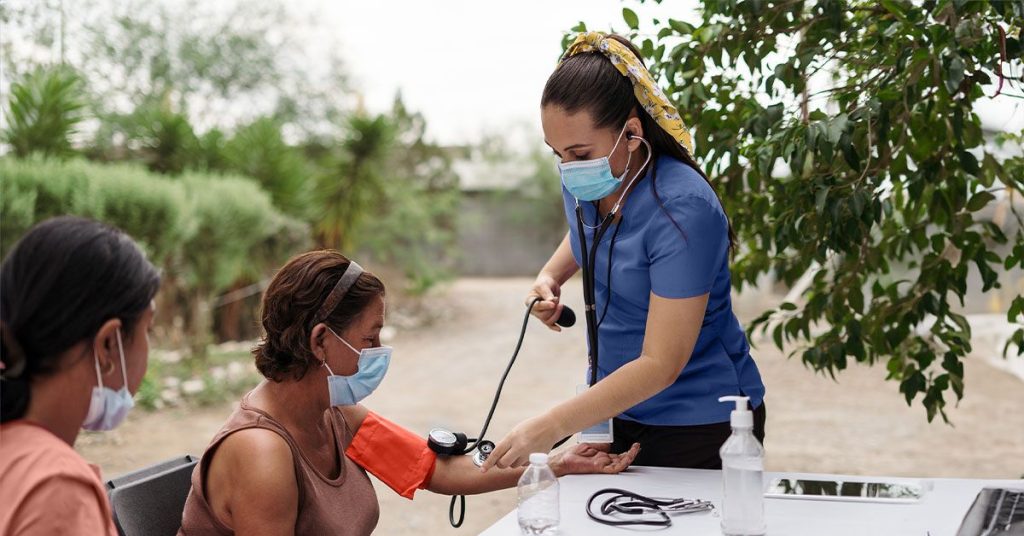Researchers have found that MRI scans may be more accurate in detecting heart disease in women compared to other diagnostic tools such as echocardiography. They note that women can experience heart disease differently than men, and MRI scans can accurately detect heart failure in women. In a study published in the European Heart Journal Open, researchers analyzed the records of 835 participants, 60% of whom were female, and found that MRI scans provided more accurate images than using a catheter to measure heart pressure. Using an MRI scan as a noninvasive test for heart disease could provide a more advanced and welcomed way to measure heart pressure.
Physicians commonly rely on echocardiograms to detect heart disease, but they are often inaccurate and require an injection of dye. Another diagnostic tool involves using a catheter to measure pressure in the heart, which is more accurate but invasive and comes with risks. The research team used an MRI scanner and developed an equation to determine heart pressure, providing much more accurate images. This method could increase early detection of heart disease in women, particularly in cases of diastolic heart failure, which is more difficult to diagnose. However, obstacles such as discomfort in the MRI scanner, physical limitations, and cost may prevent widespread use of MRI scans.
Women’s hearts are biologically different from men’s, with smaller size and narrower blood vessels, which can lead to different progression of heart disease. Heart failure can affect women differently, posing unique challenges in diagnosis and treatment. Women may have to work harder to pump blood, especially as they age, leading to increased pressure within the heart and symptoms such as shortness of breath. Understanding these differences is crucial to ensuring that women receive the best possible care for their hearts. MRI scans could help in providing more accurate and specialized care for women experiencing heart failure.
Dr. Richard Wright, a cardiologist at Providence Saint John’s Health Center in California, noted that current methods for measuring heart pressure lack precision without a catheter. Dr. Cheng-Han Chen, an interventional cardiologist and medical director at MemorialCare Saddleback Medical Center in California, explained that heart failure is typically diagnosed through clinical examination and echocardiograms, with MRI scans providing a more accurate alternative. The use of MRI scans could become more widespread in the future, but specific radiologists and equipment must be available for interpretation.
Dr. Pankaj Garg, a consultant clinical associate professor at Norwich Medical School and lead author of the study, highlighted the importance of developing sex-specific values for heart pressures to improve the diagnostic process for women. The findings from the research suggest that MRI scans could provide a step forward in better diagnosing heart failure in women. While MRI scans might be more accurate, challenges such as discomfort, physical limitations, and cost could limit their regular use. However, advancements in MRI technology and expertise could lead to more widespread use in the future, particularly in diagnosing heart disease in women more effectively.


